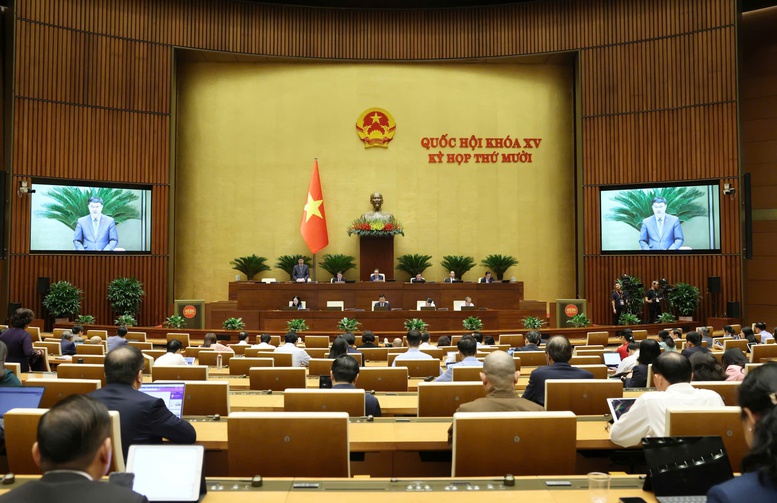
The National Assembly continues to discuss socio -economic content on October 30 - Photo: VGP/Nhat Bac
Quickly resolve difficulties in land administrative procedures
Delegate Nguyen Huu Thong ( Lam Dong Delegation) said that in 2025, our country has carried out a revolution in the arrangement of administrative units and the organization of a 2-level local government model. This is a major institutional reform step, contributing to streamlining the apparatus, improving the effectiveness and efficiency of state management, and creating new development space for localities.
The arrangement was carried out in a short time, but basically worked smoothly and achieved remarkable results.
However, besides those important results, delegates said that we must frankly acknowledge that the economy and administrative apparatus still have many difficulties and limitations that need to be overcome soon.
First of all, labor productivity and growth quality are not really sustainable. Many industries and sectors grow based on capital and cheap labor. Technological innovation and competitiveness of domestic enterprises are still limited.
A segment of businesses, especially small and medium-sized enterprises, still face difficulties in cash flow, market and access to credit capital.
On the other hand, after implementing the 2-level local government model, a number of problems have arisen that need to be resolved promptly, including the issue of administrative procedures related to land. The delegate pointed out that this is an issue that people are concerned about and that can be seen as the most troublesome through meetings with voters. In fact, in many localities, people still have to travel far, travel many times, and go through many intermediaries to complete land procedures.
The reason is that the land registration office branch system is still under the management of the provincial level. This is not suitable for the current 2-level local government model and goes against the goal of decentralization and substantive decentralization as we desire.
To overcome the shortcomings, difficulties and limitations, delegates recommended that the Government and ministries and branches promptly review and issue policies to transfer land registration office branches to commune-level management, under the direction of the People's Committee at the commune level.
At the same time, there are specific instructions on personnel, financial mechanisms, facilities and business processes. This is a practical work, helping to shorten time, reduce costs, improve efficiency in serving the people and enhance the responsibility of local authorities.
Delegates recommended that the Government and ministries and branches amend regulations on the number of deputy heads of commune-level People's Committees and deputy heads of specialized departments and offices under commune-level People's Committees, increasing the number to suit the management characteristics of each locality.
The delegate cited that in reality, many communes and wards have very large populations and diverse workloads, but the number of vice chairmen of the People's Committee and deputy heads of commune-level departments is still small and they hold many jobs.
This leads to overload and slow progress, especially in the process of resolving land records, basic construction investment, issues of religious and ethnic affairs and social order management.
Concerned about income and benefits for civil servants
Participating in the speech, delegate Truong Trong Nghia (HCMC delegation) said that decentralization has not been accompanied by adequate allocation of resources in terms of human resources, finance, technology and facilities. Notably, according to delegate Truong Trong Nghia, the impact on the psychology of cadres, civil servants and public employees, especially those holding leadership positions, is an issue that needs attention.
"I propose a breakthrough decision on income and benefits for this group according to the principle that the salary of cadres, civil servants and public employees must be equal to the average living standard of society so that they can focus on public service and not have to work extra to take care of their lives," said delegate Truong Trong Nghia.
Along with increased income, according to delegates, it is necessary to set up reasonable KPIs (performance indicators), apply appropriate rewards, strict sanctions for KPI implementation, and have other reasonable incentives.
In appointing leaders at all levels, delegates proposed to immediately apply scientific and reasonable standards, criteria, and methods to evaluate and select by an objective and impartial measure for the highest benefit of the country. Planning for leaders must be a challenging and verified process "with ups and downs, ins and outs".
According to delegate Truong Trong Nghia, it is necessary to immediately employ and boldly appoint those who have demonstrated their real capacity, enthusiasm, dedication, and high public service ethics, whether they are in or out of the planning, inside or outside the Party.
Hai Lien
Source: https://baochinhphu.vn/de-xuat-chuyen-giao-chi-nhanh-van-phong-dang-ky-dat-dai-ve-cap-xa-quan-ly-10225103010223457.htm




![[Photo] Standing member of the Secretariat Tran Cam Tu visits and encourages people in the flooded areas of Da Nang](https://vphoto.vietnam.vn/thumb/1200x675/vietnam/resource/IMAGE/2025/10/30/1761808671991_bt4-jpg.webp)


![[Photo] Fall Fair 2025 - An attractive experience](https://vphoto.vietnam.vn/thumb/1200x675/vietnam/resource/IMAGE/2025/10/30/1761791564603_1761738410688-jpg.webp)


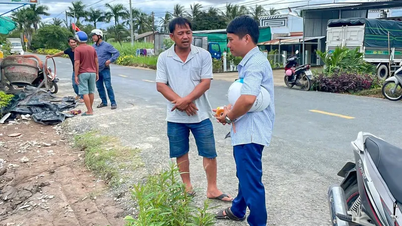

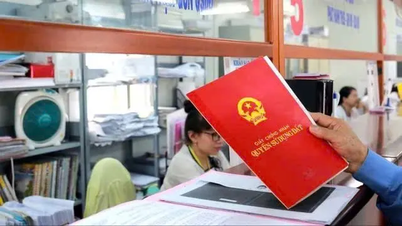

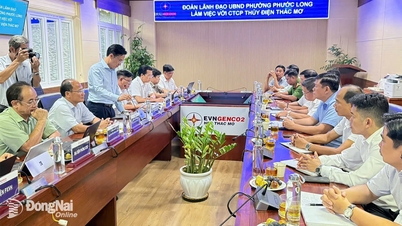



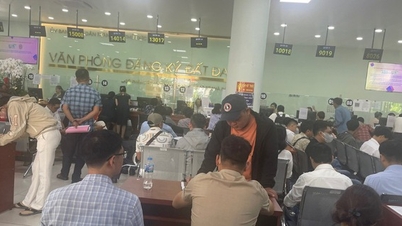

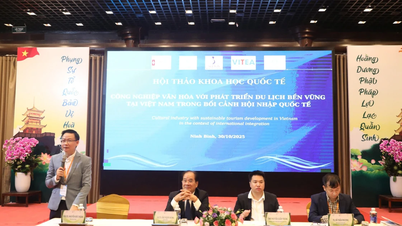



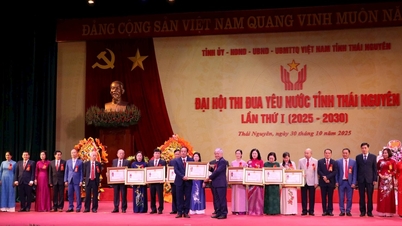








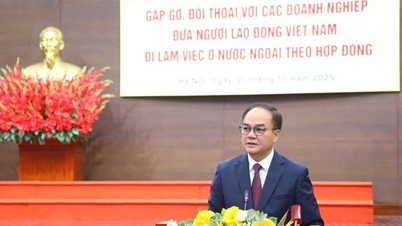

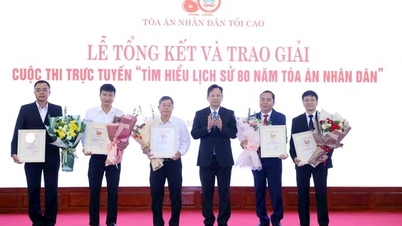
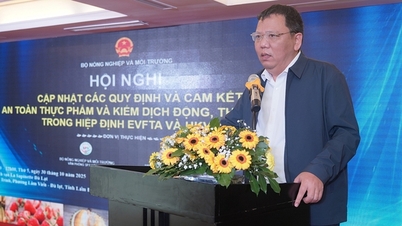



![[Photo] New-era Party members in the "Green Industrial Park"](https://vphoto.vietnam.vn/thumb/1200x675/vietnam/resource/IMAGE/2025/10/30/1761789456888_1-dsc-5556-jpg.webp)


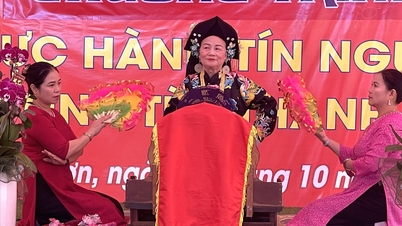








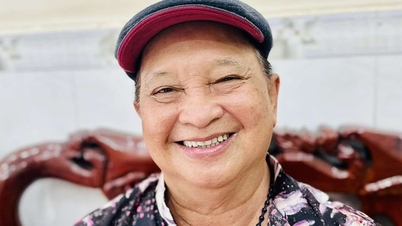













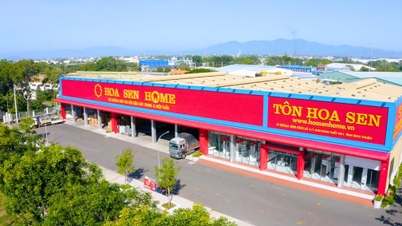


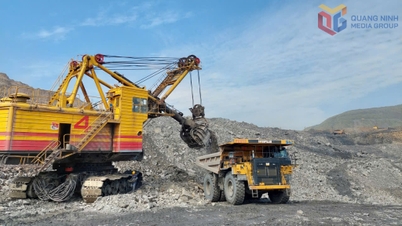









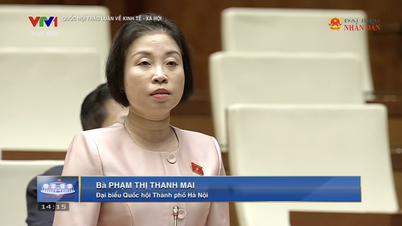






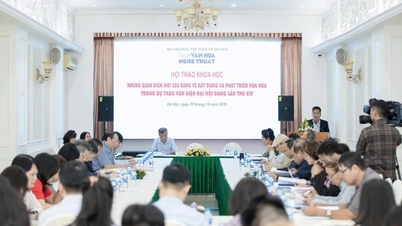
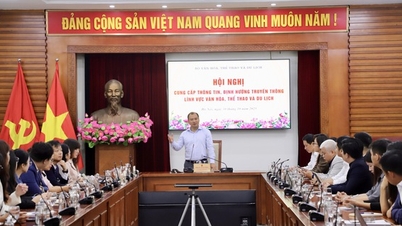
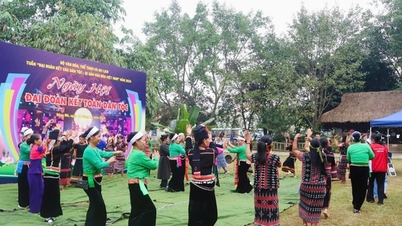
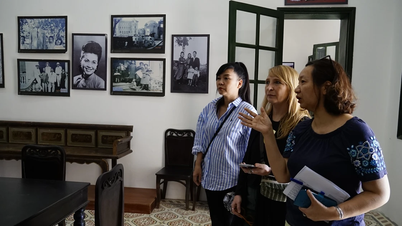

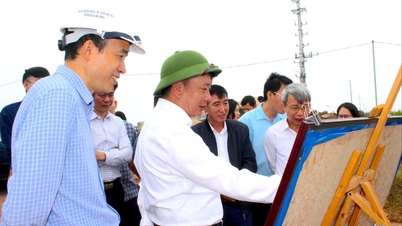

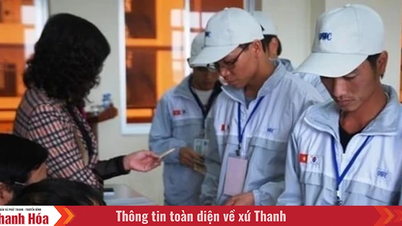

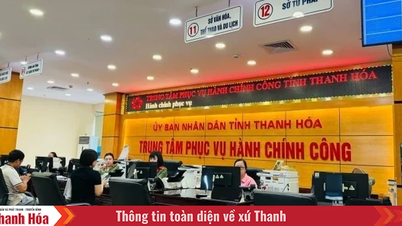
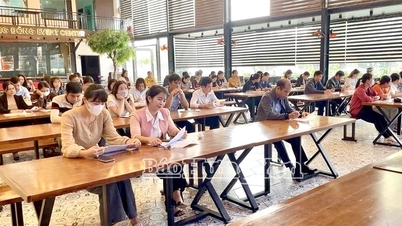

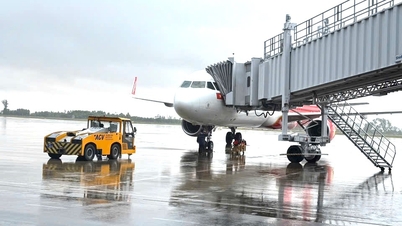
















Comment (0)